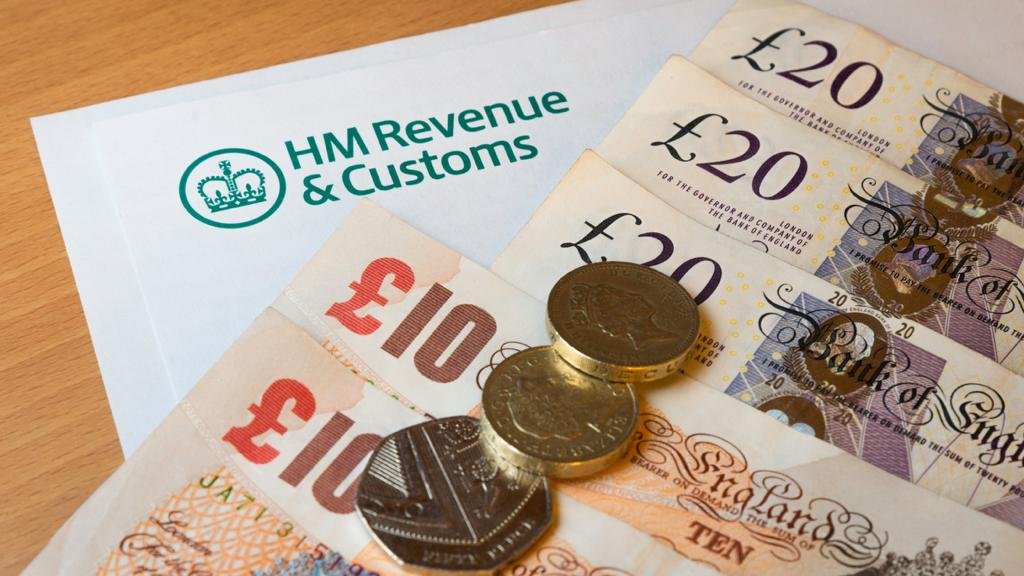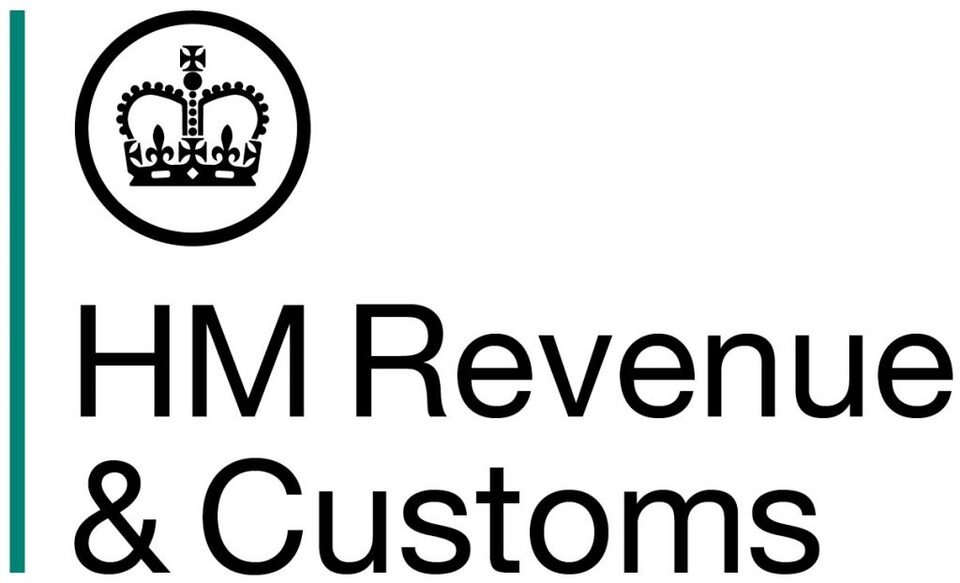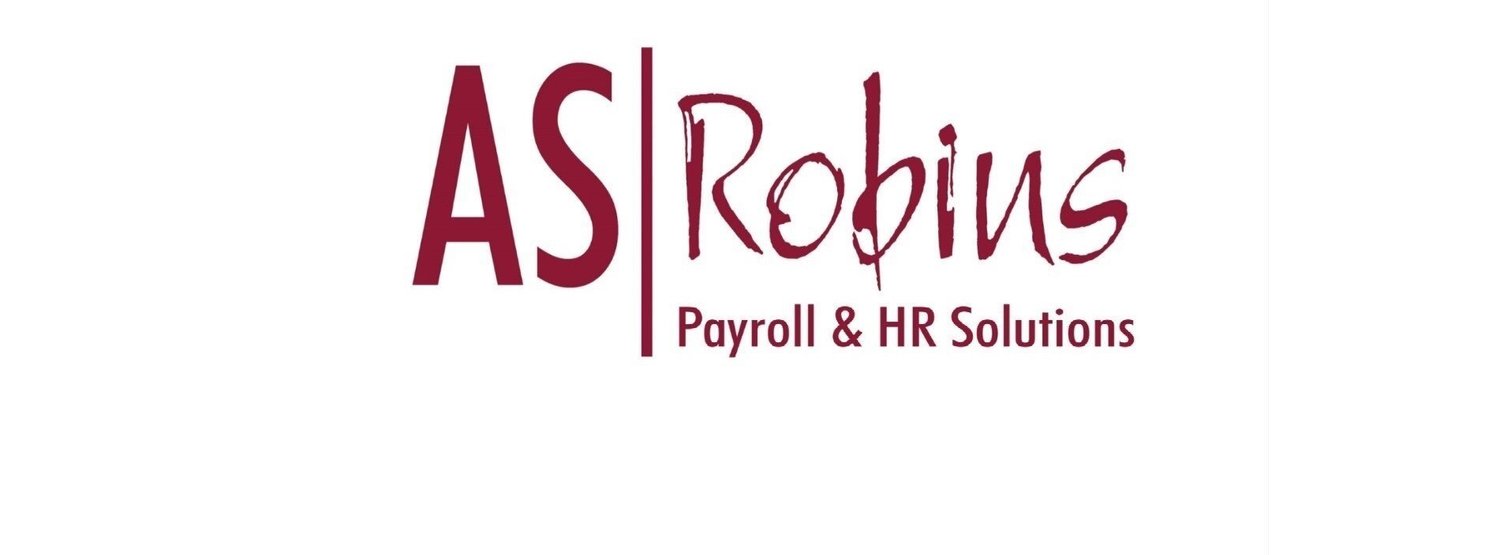
Latest Changes to Paternity Leave and Pay
Exciting News for Soon-to-be Dads and Partners!
Starting from 8 March 2024, HM Government is introducing changes to Paternity Leave and Pay to provide more flexibility and support for fathers and partners. Here's a quick snapshot:
Non-Consecutive Blocks:
Dads and partners can now take their leave in 2 non-consecutive blocks, breaking free from the one-block restriction. Choose what suits your family best!
Extended Time Frame:
Enjoy the freedom to take Paternity Leave and Pay at any point in the first year after your child's birth or adoption. Flexibility tailored to your family's needs.
Shortened Notice Period:
With just a 4-week notice, you can decide when to take your leave, accommodating the dynamic needs of your growing family.

Important Changes to Class 1 Employee NICs: A Comprehensive Guide for Employers
In a significant mid-tax year adjustment, the main rate of Class 1 employee National Insurance Contributions (NICs) is set to be reduced to 10% starting from January 6, 2024. This two-percentage point decrease brings about a notable change that can benefit both employees and employers. However, with the implementation date coinciding with the busy festive period, it's crucial for employers to make timely adjustments to their payroll systems to ensure a smooth transition.
Key Points for Employers:

National Minimum Wage Increase
National Minimum Wage Increase
Yesterday the Government announced that it has accepted the Low Pay Commission’s recommendations on minimum wage rates to apply from 1 April 2024.
This is the largest ever increase to the minimum wage in cash terms.
The National Living Wage will apply to all workers aged 21 and over for the first time (previously applying only to those aged 23 and over).

National Minimum Wage
The National Living Wage and National Minimum Wage are the lowest rate of pay per hour that a worker must be paid by law. It does not matter how many workers you employ, you must pay the correct minimum wage.
You can find the current rates for 1 April 2023 to 31 March 2024 at National Minimum Wage and National Living Wage rates.
However, it is not just as simple as making sure the correct minimum wage rate has been paid. There are several ways in which underpayments can occur when minimum wage calculations are made. Common issues include unpaid working time, unpaid travelling time and deductions from pay for items or expenses connected with the job.
Find out more information on the common issues that can bring workers below the minimum wage.
Employing an intern or anyone on work experience
It is important to establish the nature of the relationship between the individual and the employer when deciding if the individual is a worker or not for minimum wage purposes.
Entitlement to the minimum wage does not depend on how someone’s role is defined by their employer.
Interns
Internships are sometimes understood to be positions requiring a higher level of qualification than other forms of work experience and are associated with gaining experience for a professional career.
Although the term intern is not defined in minimum wage legislation, if any payment or remuneration is made for work done, an intern is likely to be regarded as a worker for minimum wage purposes. An intern may also be considered as a worker if they are promised a contract of future work or future pay.
Work experience
The term work experience generally refers to a specified period that a person spends with a business, providing them with an opportunity to learn directly about working life and the working environment.
More information is available on GOV.UK:
· for guidance about minimum wage — work experience and internships
· for guidance on calculating the minimum wage correctly
· if you make a mistake, you can make a voluntary declaration

Paying employers’ PAYE
To make sure a payment is allocated to the correct month or liability you intended to pay, remember to include your 13-character accounts office reference number as the payment reference.
Each time you make an early or late payment you also need to add 4 extra numbers to the end of your 13-character accounts office reference number. If you pay monthly, the 4 digits which you need to add to the end of your 13-character reference number are:
· the last 2 numbers of the tax year your payment is for
· the number of the month or quarter of the tax year your payment is for
For example, if you are making a payment for the month of 6 May 2023 to 5 June 2023, the 4 numbers you need to add to the end of your accounts office reference number are 2402. This is worked out as follows:

Update on Employer Direct Debits
We want to remind employers who are setting up a recurring Direct Debit for paying employer PAYE that they need to do this at least 6 working days before the payment is due. For employers who pay monthly this falls on the 22nd of every month.
You can set this up when you log into your business tax account.
We have changed the system so that employers will not now receive a notification for late payment when they have paid by Direct Debit.
You might see late interest being charged if you log into your account between the 23rd and the date the payment is taken from your account, but this will be reversed once we have processed the payment.
If you have a tax agent, it is important to note that they are unable to set up a Direct Debit on your behalf. To do it yourself, you need to be enrolled for PAYE Online for employers.
Many employers whose agents send in real time information data on their behalf are not enrolled. Even if you have an agent acting and filing payroll on your behalf you can set up and use PAYE Online for employers yourself.


You can set up a Direct Debit through your HM Revenue and Customs online account
You can set up a Direct Debit through your HM Revenue and Customs online account.
Pay your bill automatically
HMRC will automatically collect the payment from your bank account based on the amount in your return. You’ll only need to set the Direct Debit up once.
Set it up at least 6 working days before your payment due date.HMRC will usually take the payment either:
Shortly after the 22nd of the month
4 working days after you file the return (if you file it after the 19th of the month)
HMRC will tell you the date and amount no later than 3 working days before the payment is collected. The payments will show on your bank statement as ‘HMRC SDDS’.

Do you or your employees earn over £100,00.00 through PAYE
Do you or your employees earn over £100,000.00 through PAYE
If so, read below and call HMRC on 0300 200 3200 to let them know your earnings for the year. They will adjust your tax code accordingly to save any issues down the line.
Alternatively, sign into your Personal Tax AccountYour Personal Allowance goes down by £1 for every £2 that your adjusted net income is above £100,000. This means your allowance is zero if your income is £125,140 or above.

National Minimum wage Increases & New Statutory Maternity and Sick Pay Rates
National Minimum wage Increases & New Statutory Maternity and Sick Pay Rates
The Government announced the rates of the National Living Wage (NLW) and National Minimum Wage (NMW) this comes into force from April 2023. In doing so, it has accepted in full the recommendations of the Low Pay Commission.


5 Tips That Can Help Make Your Payroll Processing Easier
5 Tips That Can Help Make Your Payroll Processing Easier

NATIONAL INSURANCE CONTRIBUTIONS (INCREASE OF THRESHOLDS)
NATIONAL INSURANCE CONTRIBUTIONS (INCREASE OF THRESHOLDS)


